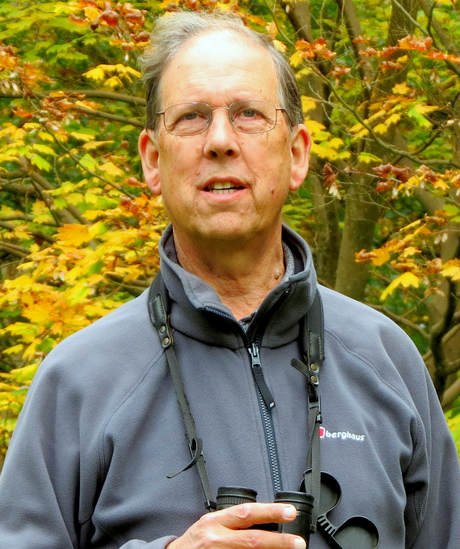This website would not exist were it not for the extraordinary life and outreach of Frank Buchman, who was borrn in the USA in 1878.
Several excellent studies have been published about Buchman’s life and impact on the 20th Century. Some of these can be accessed on this site, for example Frank Buchman a Life by Garth Lean; World Changing through Life Changing by T Willard Hunter; and Remaking the World, Buchman’s collected speeches.
The Spiritual Vision of Frank Buchman by Philip Boobbyer, though its text is not available on FANW, is also essential reading for anyone who wants to gain a fuller understanding of Buchman. This academic study could perhaps be said to investigate what made Buchman Buchman – his origins, ideas, strategy, approach to politics and so on.
For those who are interested in the genesis of Buchman’s ideas, Streams by Mark Guldseth, is another rich resource. (It is subtitled: The flow of Inspiration, from Dwight Moody to Frank Buchman.) For Buchman didn’t develop his philosophy and practice in a vacuum. Various spiritual leaders and thinkers impacted him at crucial moments in his life, none more so than Jessie Penn-Lewis. It was her sermon in a Methodist chapel in Keswick, UK, that inspired Buchman to write letters of apology to men whom he had deeply resented, setting him on a new path. A snap-shot of Penn-Lewis’s life can be found at: https://archives.wheaton.edu/agents/people/2537. It says: ‘Her life became linked to spiritual giants of her generation, like F. B. Meyer and D. L. Moody.’
Reading Guldseth, it soon becomes clear that Buchman’s spiritual DNA did not come from a linear ‘ancestry’. There was a complex interplay between those already mentioned, such as Moody and Meyer, and many others, including:
- Robert E Speer, who first formulated the four absolute moral standards of honesty, purity, unselfishness and love, which were central to Buchman’s message;
- Howard A Walter, author of ‘Soul Surgery’, the sixth edition of which starts with a poem dedicated to Buchman; and
- Henry Drummond, the Scottish academic who is best remembered for his essay, ‘The Greatest Thing in the World’, which talks about love as being the pre-eminent value.
Walter’s short book is essentially a manual for ‘life-changing’, a term, though not I trust a practice, that has gone out of vogue now but which permeated Buchman’s work. Although the cover of the book is shown on the website, the text is not yet available. It makes for challenging reading. To give a flavour with just one small extract, ‘Ober and Mott…. give the following hindrances to personal work [=life changing]: natural diffidence, self-conceit, love of ease, consciousness of an inconsistent life, an inconsistent life though unrecognised…. , false courtesy,…. Satan’s active interference.’
Going back to original sources is often instructive – however well researched later works may be. We are indebted to Lawson Wood for producing edited extracts from talks given by Buchman at the Lily Valley Conference near Kuling in China in 1918. It is titled, Where Personal Work begins.
By 1918, we can see that much of Buchman’s core thinking was in place. Again, just to give a flavour, here are two extracts:
‘What does it mean to listen to God? It means an unhurried time when God really can have a chance to implant his thoughts in your mind. For me personally at five o’clock or an earlier hour, I am awake and conscious of the presence of God. Some days it is simply a series of luminous thoughts of things God wants me to do that day. Some days it is just a sense of peace and rest and one or two outstanding things. Other days it is a sense of need for [prayer] on behalf of certain people. It takes all the fret, strain and worry out of life. It gives you a sense of calm.’
And:
‘Listening to God is the fundamental thing. On Sunday morning in my usual morning hour before I went to church, I became conscious that a certain person was in great need, and I looked for a natural point of contact. Yesterday, Wednesday, he came to see me. God works at both ends, with the person and with you. I said to him, “God revealed to me the other day that you are in desperate need.” He said, “Yes, that’s true, I have been in desperate need.”
‘Of course, you are not going to talk about these things to anyone else in a way that they can be traced. The reason a great many men fail to be used in personal work is that they have never learned the ethics of the physician, who will never break the confidence of his patients, unless he has their permission.’
The language of these source documents is specifically Christian. It may be hard to access for some readers. But that was the environment in which Buchman spent his formative years. I hope that the idiom will not deter people from searching for the truths that played such an essential part in IofC’s back-story.

